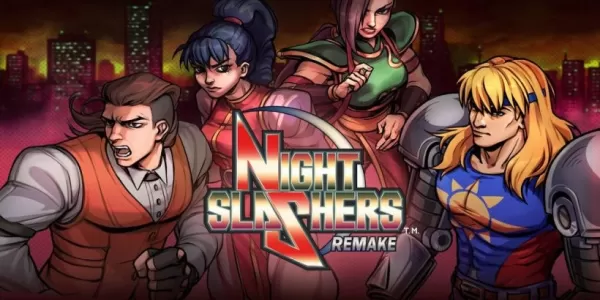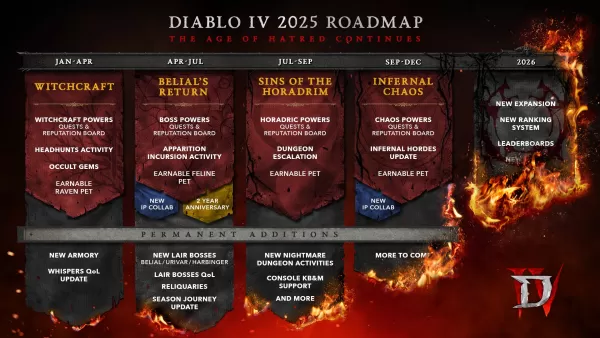With *Monster Hunter Wilds* breaking Steam records and *Resident Evil* enjoying a surge in popularity thanks to *Village* and a series of stellar remakes, Capcom seems to be on an unstoppable winning streak. However, this wasn't always the case. Less than a decade ago, after a string of critical and commercial flops, Capcom found itself struggling to regain its footing and reconnect with its audience.
Capcom was grappling with an identity crisis. *Resident Evil*, the franchise that defined the survival horror genre, had lost its edge following *Resident Evil 4*. Meanwhile, *Street Fighter*, another cornerstone of Capcom's lineup, was faltering after the disappointing reception of *Street Fighter 5*. It was a critical moment that could have marked the end of Capcom's legacy.
Yet, amidst these challenges, Capcom found a way to reinvent itself. By overhauling their game development process and adopting a powerful new game engine, they breathed new life into their iconic series. This transformation not only revitalized their beloved franchises but also propelled Capcom back into the gaming industry's upper echelons.
Resident Evil Lost Its Way
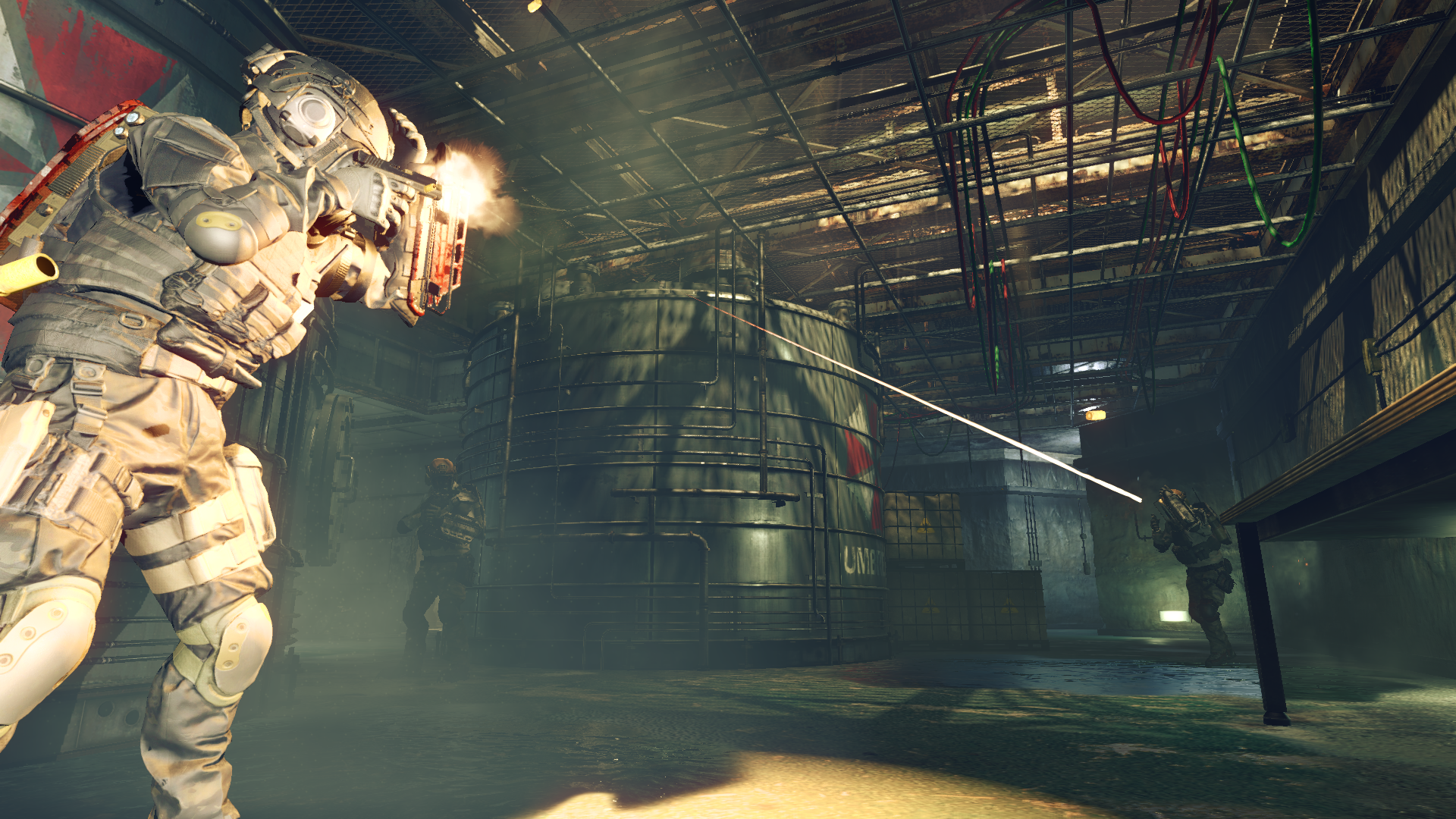
2016 was a challenging year for Capcom. The release of *Umbrella Corps*, an online co-op shooter, was met with harsh criticism from both reviewers and fans. At the same time, *Street Fighter 5* left long-time fans disappointed, and *Dead Rising 4*, despite featuring the return of Frank West, would be the last new entry in that series.
This period represented the nadir of a difficult stretch for Capcom, which had been struggling since 2010. While *Resident Evil* games continued to sell well, their critical reception was declining. *Street Fighter* was also struggling, and other key franchises like *Devil May Cry* were absent from the spotlight. Although *Monster Hunter* was hugely successful in Japan, it faced challenges in breaking into international markets.
"Many of us started feeling that what the fans and players wanted from the series was getting a little bit separate from what we were making,” Capcom acknowledged. This sentiment was a far cry from the company's current status as a powerhouse in the gaming industry. Since 2017, Capcom has consistently delivered hit after hit, from *Monster Hunter World* and *Devil May Cry 5* to *Street Fighter 6* and a series of critically acclaimed remakes and reboots of the *Resident Evil* series.
Achieving this turnaround required more than just learning from past mistakes. Capcom had to fundamentally rethink its strategy, from targeting the right audience to leveraging new technology. IGN sat down with four of Capcom’s leading creatives to understand how the company managed to recover and thrive.
Founded in 1979 as a maker of electronic game machines, Capcom rose to prominence in the 80s and 90s with iconic 2D games like *Street Fighter* and *Mega Man*. The company successfully transitioned to 3D gaming with titles like *Resident Evil*, culminating in one of the greatest games of all time, *Resident Evil 4*, released in 2005.
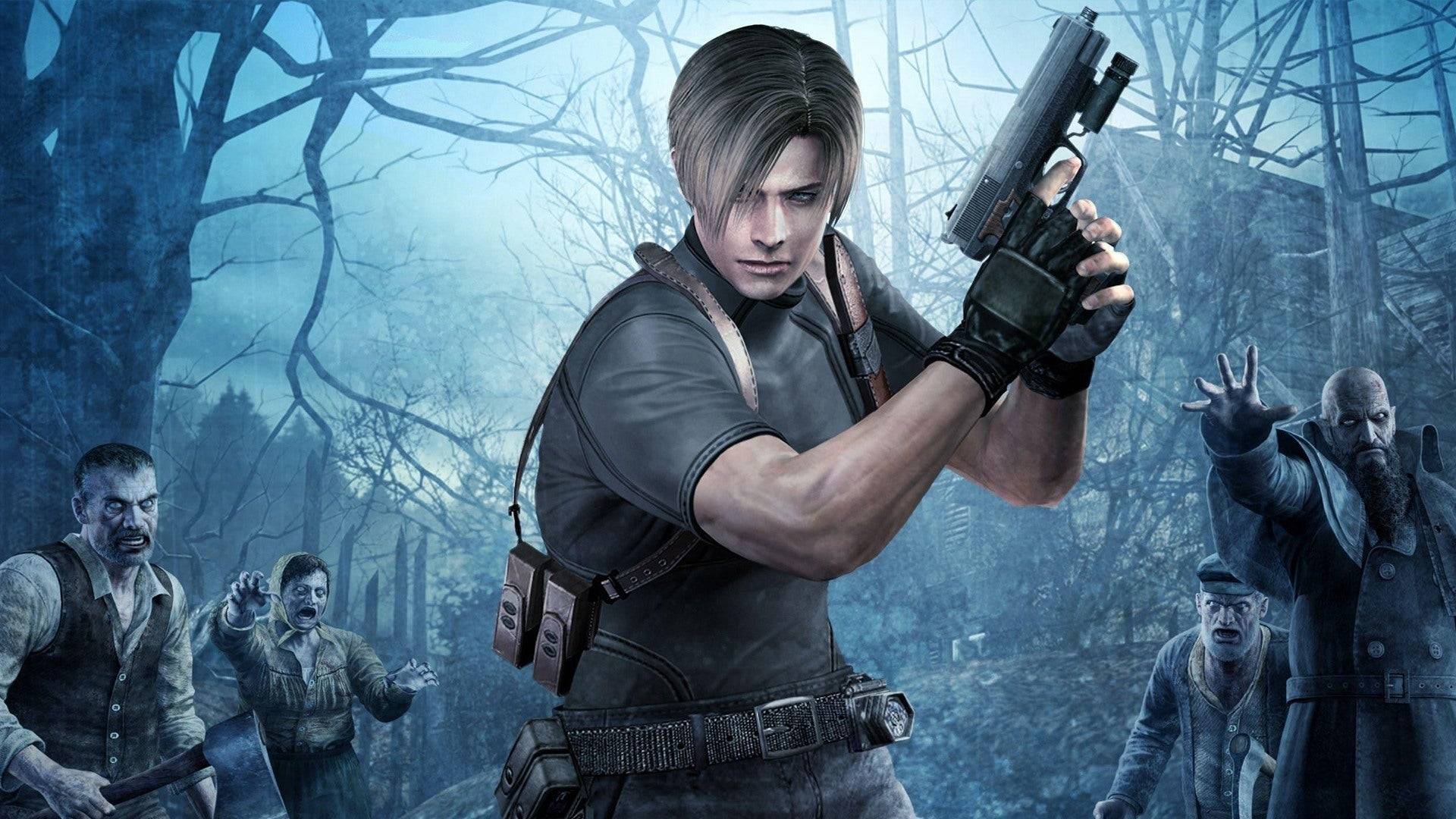
*Resident Evil 4* is celebrated for its perfect balance of horror and action, drawing inspiration from classics like *Friday the 13th*, H.P. Lovecraft, and John Carpenter’s films. However, subsequent games struggled to maintain this balance. *Resident Evil 5* leaned too heavily into action, while *Resident Evil 6* tried to cater to both action and horror fans but ended up satisfying neither group.
Capcom's *Street Fighter* series faced similar challenges. After the success of *Street Fighter 4*, the sequel, *Street Fighter 5*, was criticized for its lack of single-player content and poor online functionality. Other franchises like *Devil May Cry* also struggled, with the 2013 release *DmC: Devil May Cry* receiving mixed reactions.
Capcom’s efforts to appeal to Western audiences with titles like *Lost Planet* and *Asura’s Wrath* also fell short. However, *Dragon’s Dogma*, a new dark fantasy RPG directed by Hideaki Itsuno, stood out as a bright spot. It was clear that Capcom needed to make significant changes.
Street Fighter 5, The Lost Cause
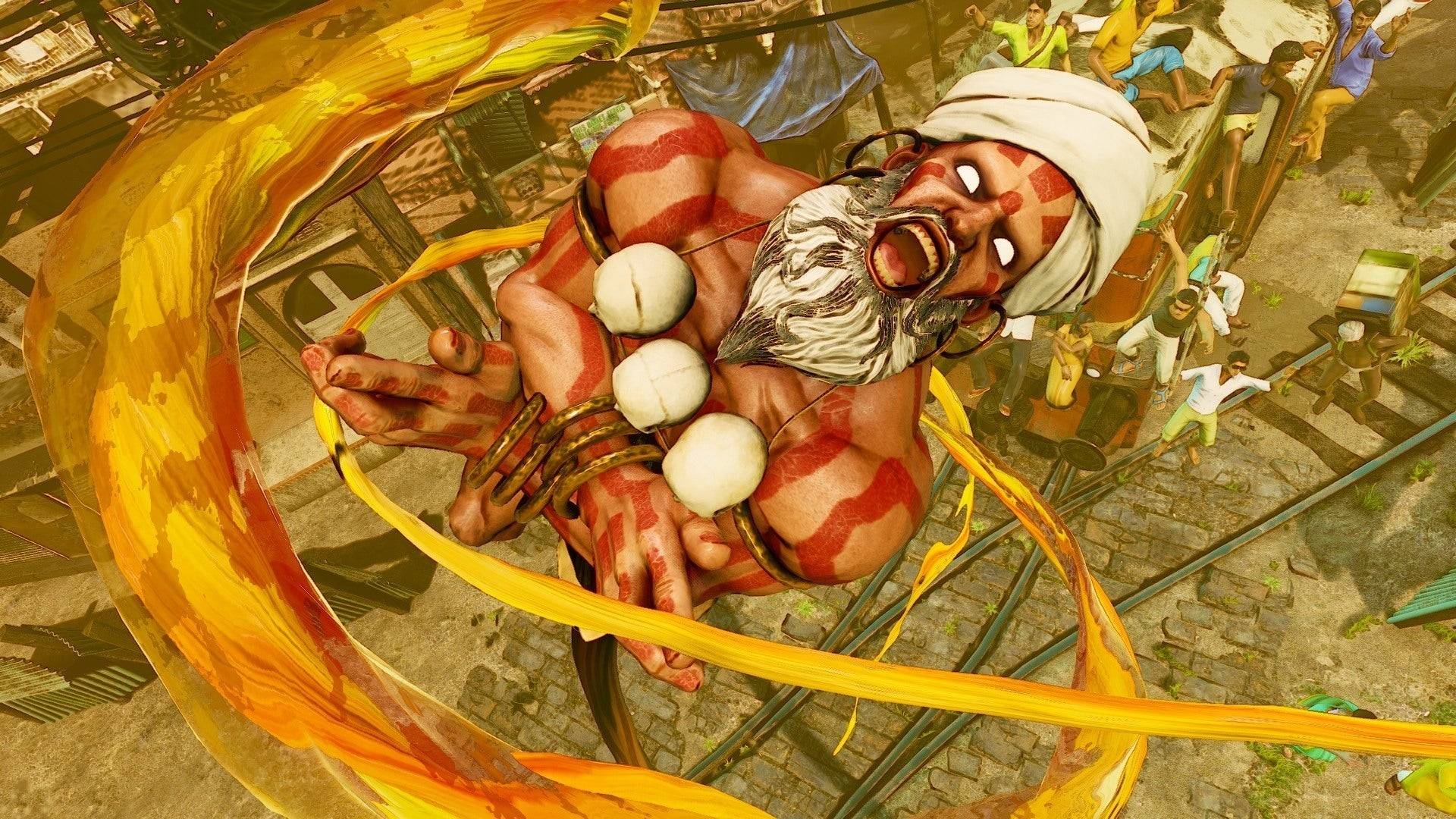
By the mid-2010s, Capcom began implementing strategic changes that would transform the company's fortunes. The first step was addressing the issues with *Street Fighter 5*. Directors Takayuki Nakayama and producer Shuhei Matsumoto were brought in to stabilize the game and regain fan trust.
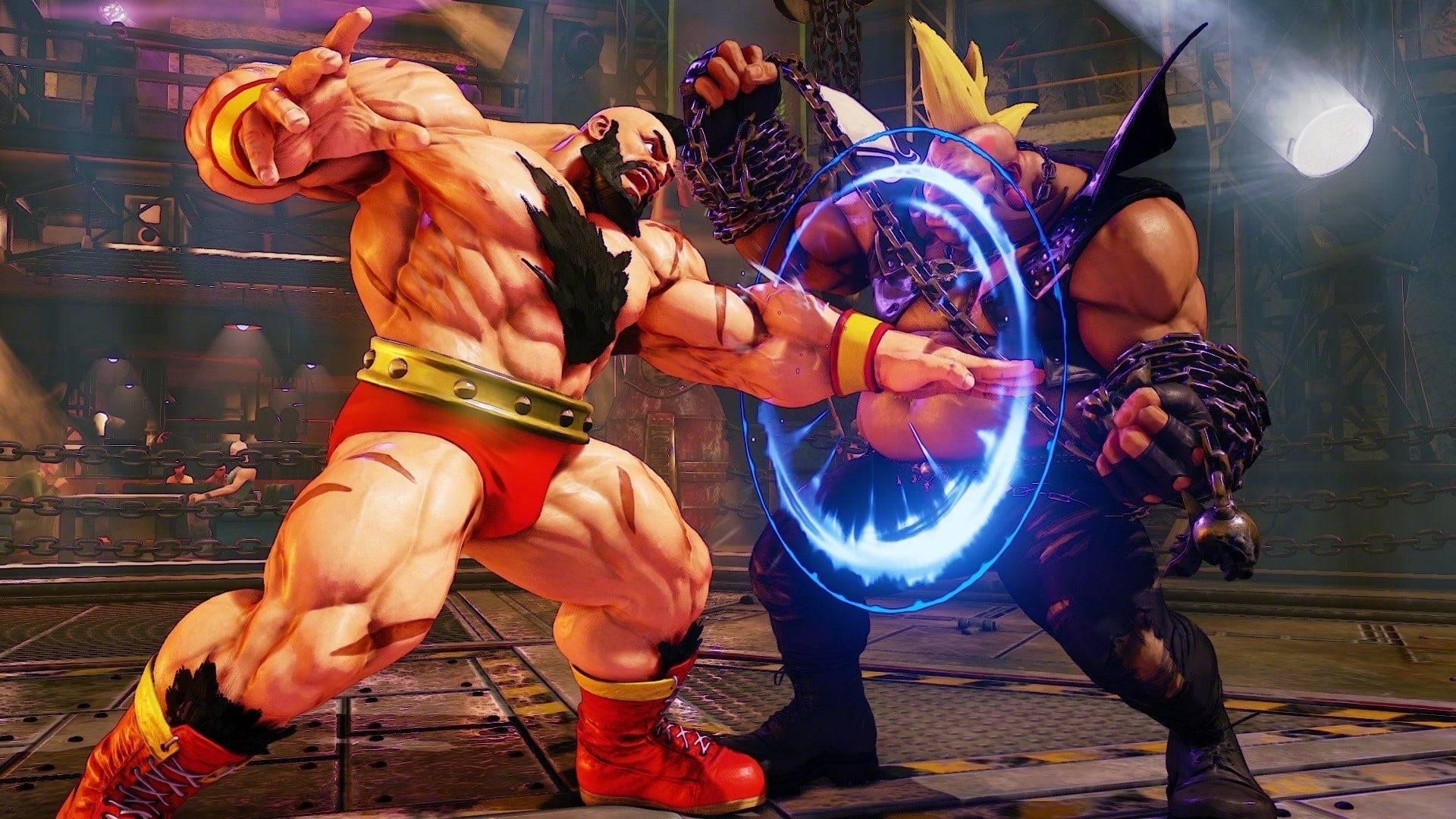
Despite constraints that limited major changes, Nakayama and Matsumoto focused on fixing the game's most pressing issues. They used *Street Fighter 5* as a testing ground for new ideas, which eventually informed the development of *Street Fighter 6*. This approach allowed Capcom to launch *Street Fighter 6* as one of the most critically acclaimed games in the franchise.
Capcom's strategy shift also involved learning from the development of *Street Fighter 5* to ensure future projects would not require such extensive overhauls. This included vital behind-the-scenes changes that would set the stage for Capcom's resurgence.
Monster Hunter Took Over The World
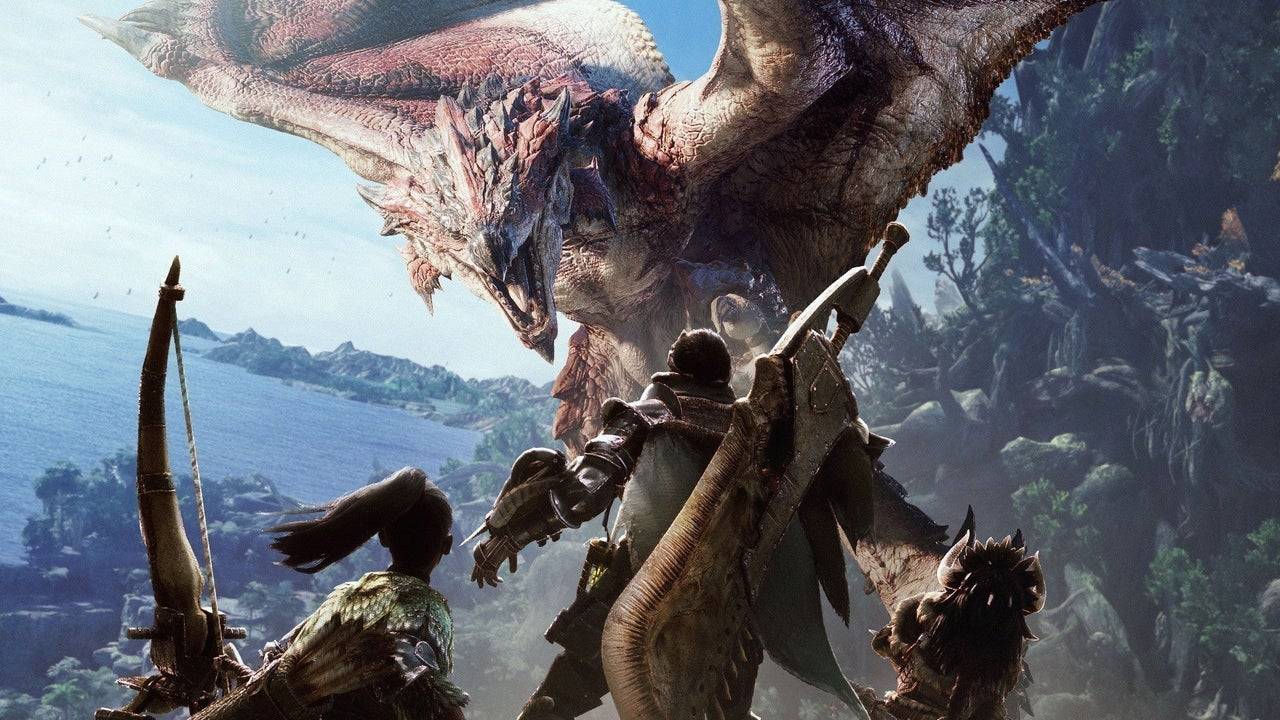
Around the time of *Street Fighter 5*'s launch, Capcom underwent an internal reorganization to prepare for a new generation of games powered by the RE Engine. This shift was more than just a technological upgrade; it included a mandate to create games for a global audience.
Hideaki Itsuno, known for his work on *Devil May Cry*, emphasized the importance of this goal: "The change of the engine and also all teams were given a very clear goal at that point to make games that reach the global market. [Games] that are fun for everyone."
Capcom's earlier attempts to capture the Western market with action-heavy games like *Resident Evil 4* and *Lost Planet* had mixed results. The company realized the need to appeal to a broader audience, leading to a focus on creating universally appealing games.
*Monster Hunter* epitomized this new approach. While the series had a dedicated following in the West, it was primarily popular in Japan due to its success on handheld consoles like the PSP. However, with improved global internet infrastructure, Capcom saw an opportunity to expand *Monster Hunter* worldwide.
*Monster Hunter: World*, released in 2018, marked a significant shift for the franchise. Designed for console and PC, it featured enhanced graphics, larger areas, and bigger monsters. The game was released simultaneously worldwide, without region-specific content, reflecting Capcom's commitment to global standards.
To broaden its appeal, *Monster Hunter: World* incorporated feedback from global playtests, including the addition of damage numbers when hitting monsters. This approach led to unprecedented success, with *Monster Hunter: World* and its follow-up, *Monster Hunter Rise*, each selling over 20 million copies.
Executive producer Ryozo Tsujimoto emphasized maintaining the series' core while making it more accessible: "At its heart, Monster Hunter really is an action game, and that sense of accomplishment you get from really mastering that action is an important aspect of Monster Hunter."
Resident Evil 7 Began Turning Things Around
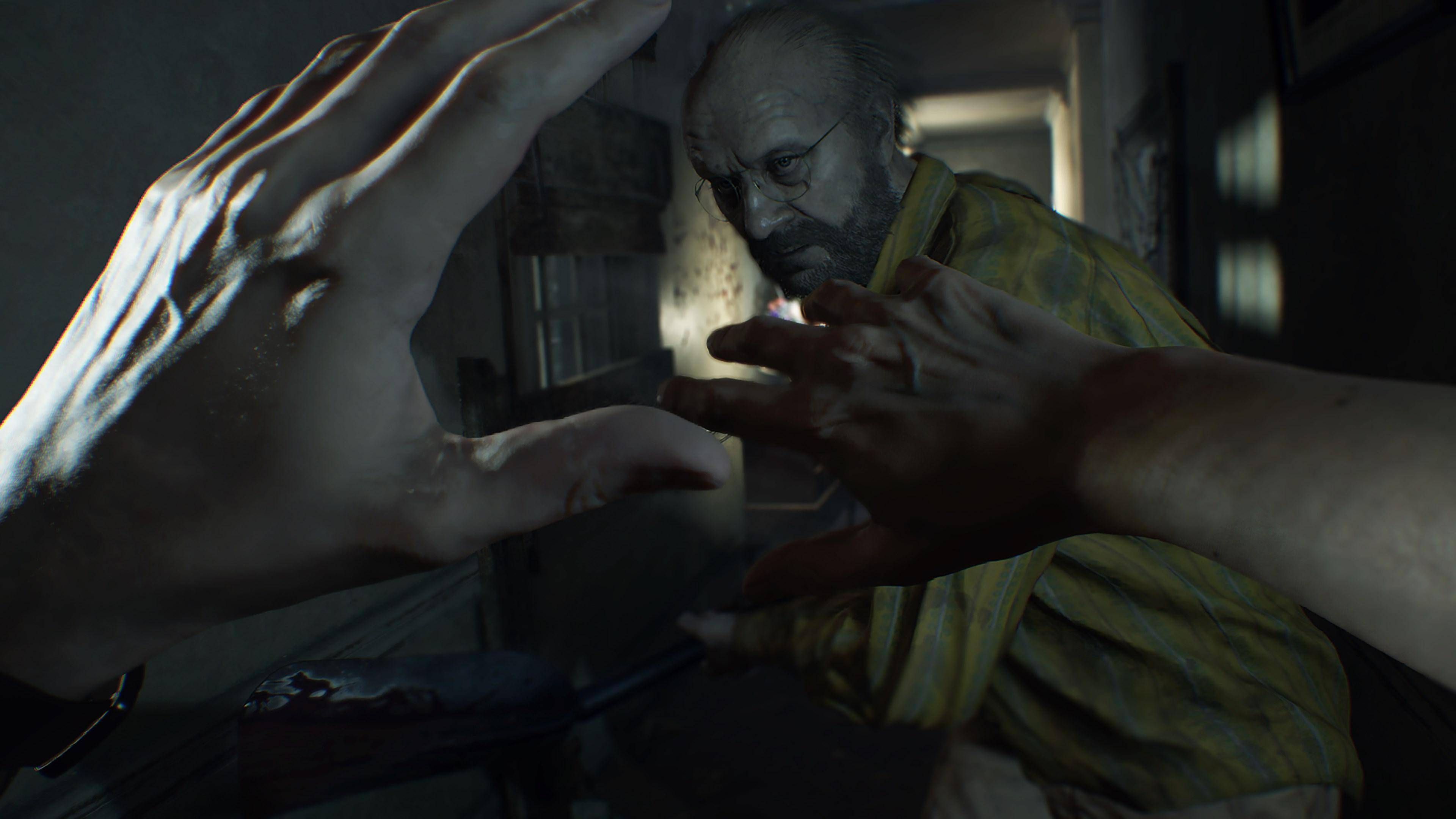
While *Monster Hunter* had a winning formula, *Resident Evil* needed to refocus on its survival horror roots. Executive producer Jun Takeuchi made the decision to steer the series back to its origins, culminating in the announcement of *Resident Evil 7* at E3 2016.
*Resident Evil 7* shifted to a first-person perspective, bringing back the series' horror elements. Yasuhiro Ampo, director of *Resident Evil 2* and *4* remakes, highlighted the importance of this shift: "With Resident Evil 7, the executive producer, Jun Takeuchi, made it clear that we cannot underestimate how critical it is for the series for it to be scary and about survival."
The game was a hit, praised for its return to survival horror and its atmospheric setting. Capcom continued to cater to fans' demand for third-person gameplay by releasing remakes, starting with *Resident Evil 2*. The *Resident Evil 2* remake was a critical and commercial success, blending horror with the series' trademark action and puzzles.
The success of the *Resident Evil 2* remake paved the way for *Resident Evil 3* and the highly anticipated *Resident Evil 4* remake. Despite initial hesitation due to *Resident Evil 4*'s enduring popularity, the remake was well-received for its refined balance of action and horror.
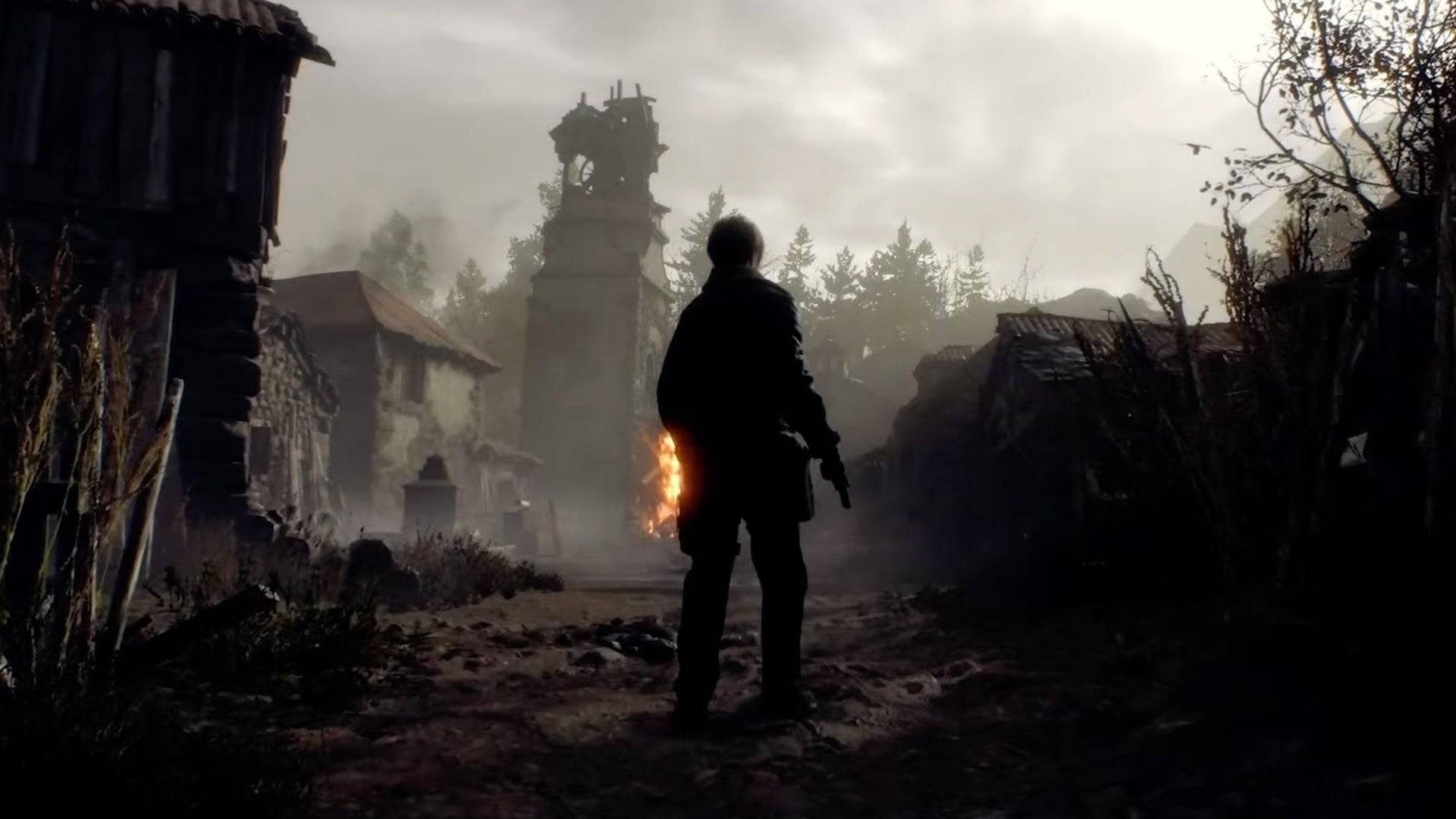
Meanwhile, *Devil May Cry* director Hideaki Itsuno returned to the series after a decade, aiming to challenge the genre's trend towards more casual gameplay. With the RE Engine, Itsuno sought to create the "coolest" action game possible, leveraging the engine's capabilities for photorealism and rapid development.
The Reason Behind The Change
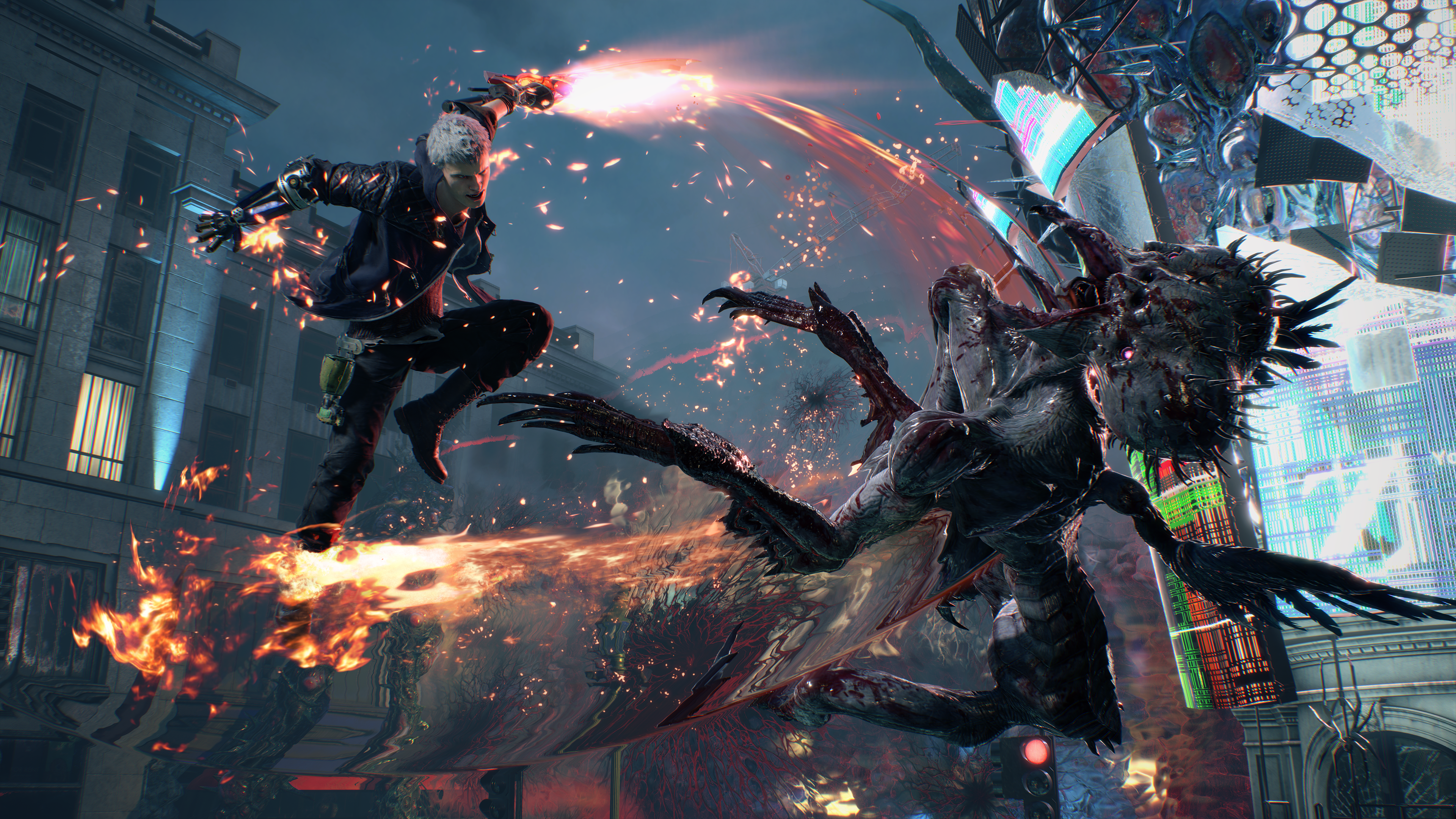
Itsuno explained his approach: "I felt like the main trend with action games was to make action games that were very kind. Maybe, for me, a little bit too kind to the players, lending a hand to the player too much to my liking."
The RE Engine, introduced to replace the MT Framework, allowed Capcom's developers to work with higher visual fidelity and more agile development processes. This flexibility was crucial for Itsuno's goal of creating a stylish and engaging *Devil May Cry 5*, which became one of the franchise's most successful entries.
A New Capcom Golden Age
Since 2017, Capcom has released critically acclaimed games on an almost annual basis, a stark contrast to the struggles of other major studios. The company's focus on creating globally appealing games with the technologically advanced RE Engine has led to unprecedented success across various genres.
Capcom's commitment to maintaining the essence of its franchises while expanding their reach has not diluted their quality. Instead, it has struck a balance that keeps games like *Resident Evil*, *Street Fighter*, and *Monster Hunter* true to their roots while attracting millions of new players.
While many of Capcom's contemporaries struggle to find their identity, Capcom's strategic changes over the past decade have ushered in a new golden age. Directors like Takayuki Nakayama and Ryozo Tsujimoto express optimism about this era: "It’s a very exciting time to be at Capcom right now," Nakayama says, while Tsujimoto adds, "Capcom is going through a golden era, and, well, now we have to do everything we can so that this lasts one more year, one more year, and every year, one more year."

